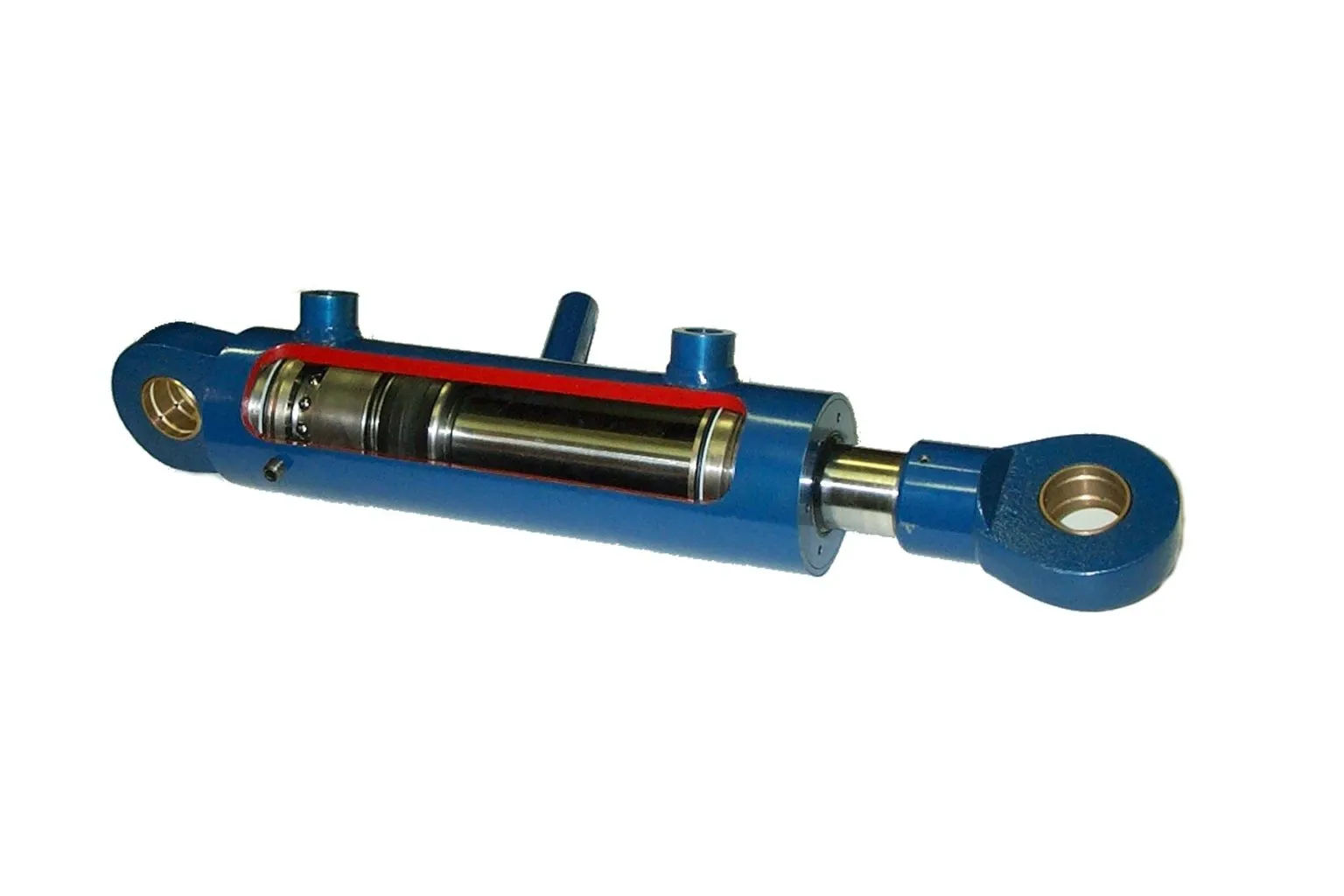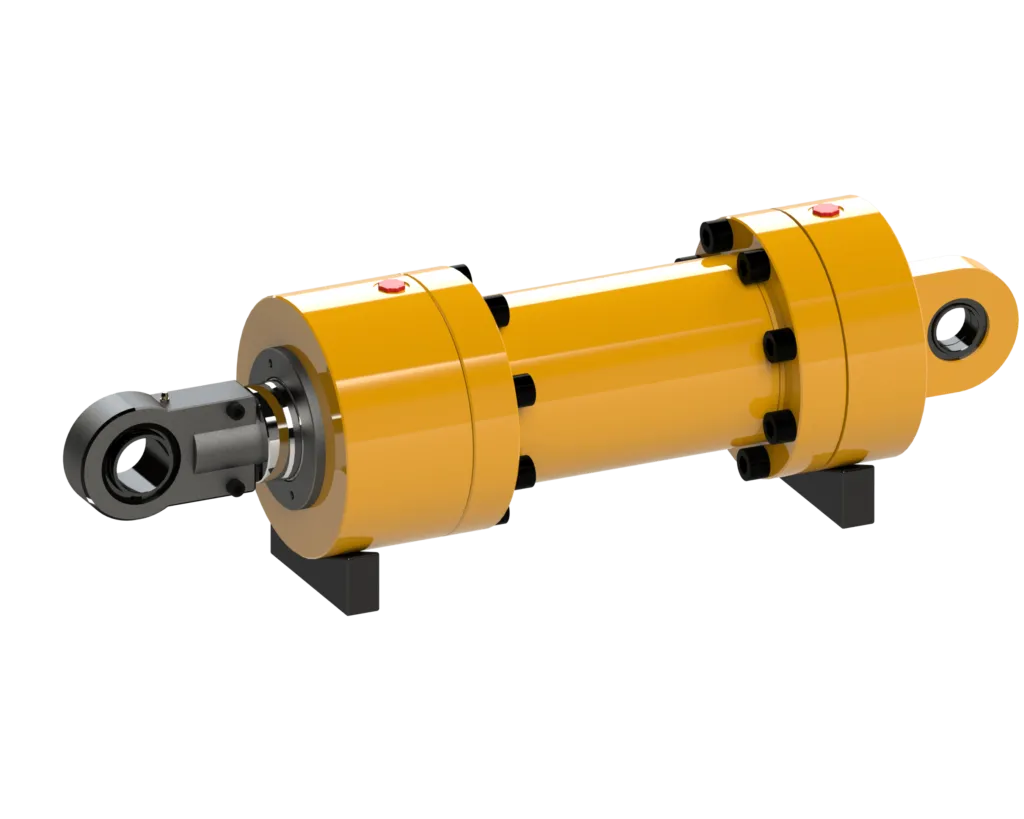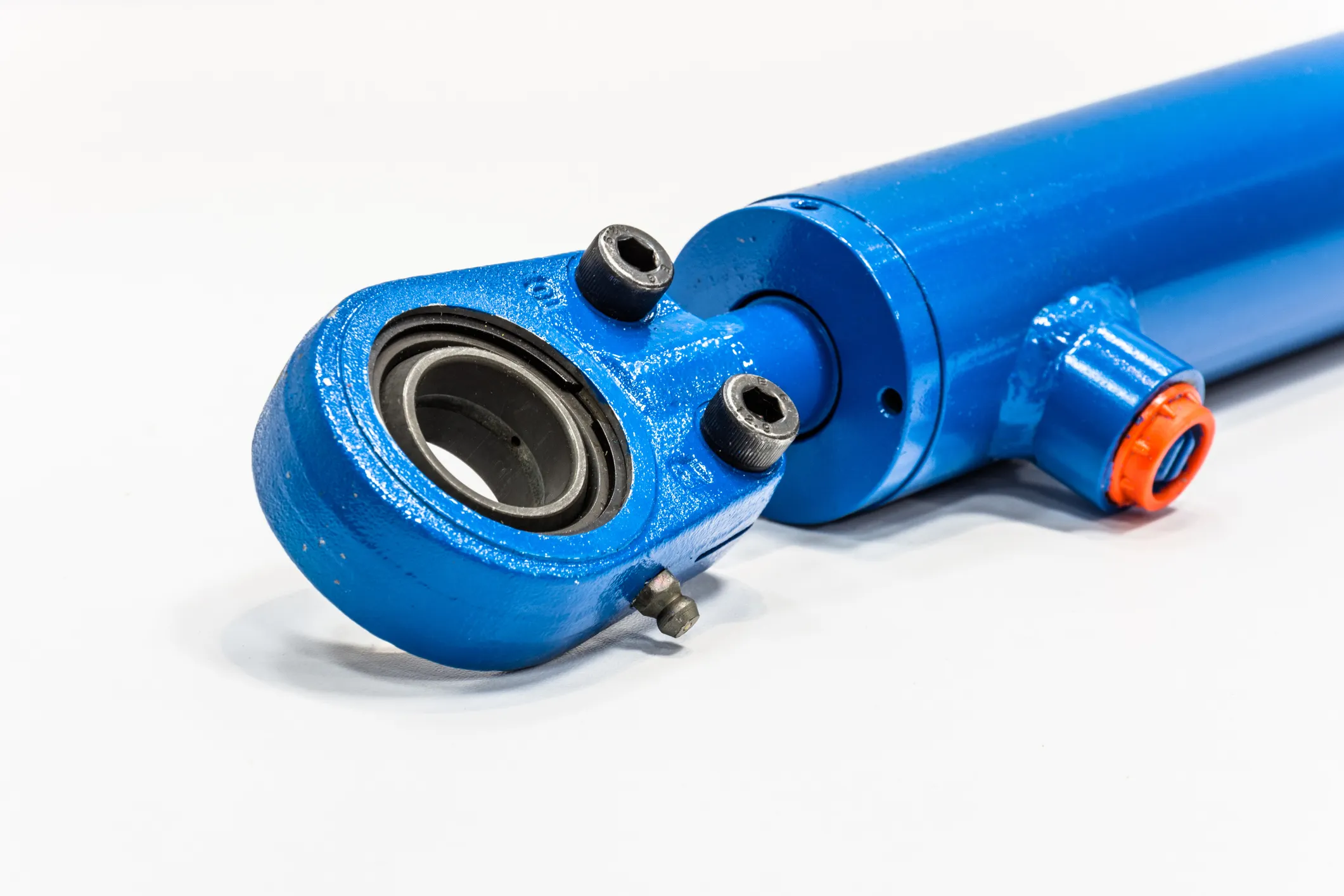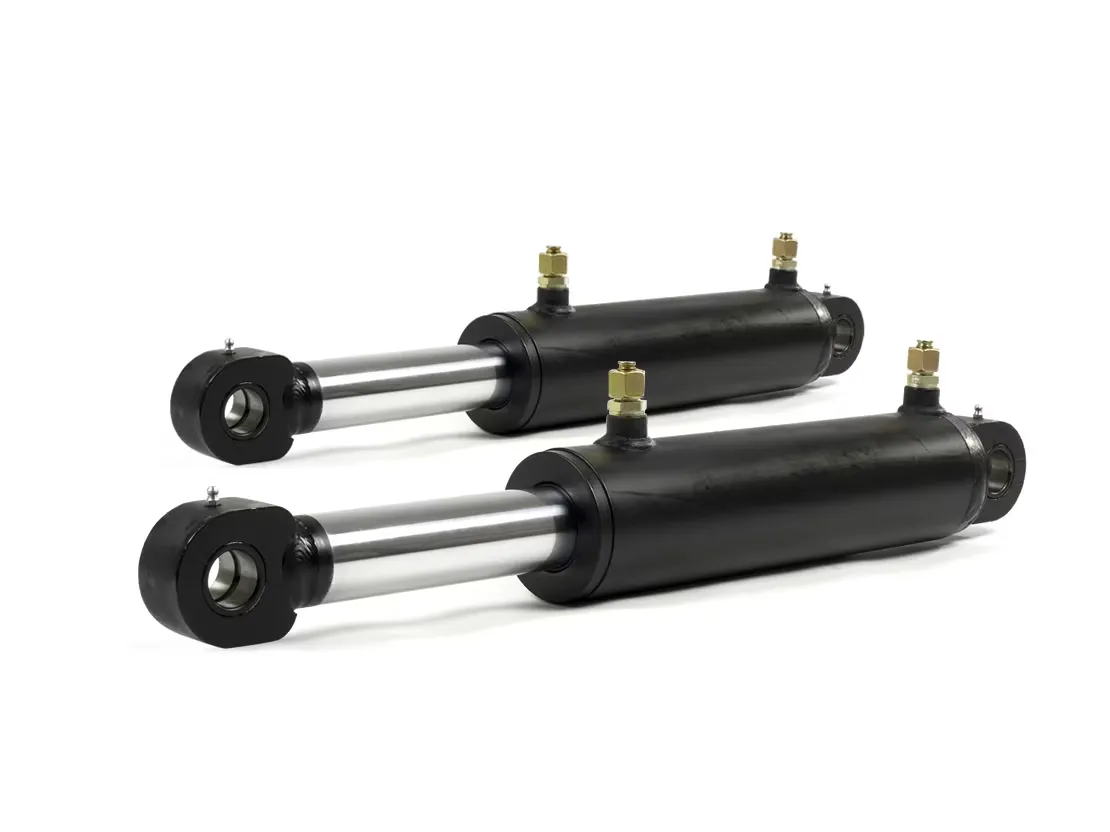Unlocking the Potential of Locking Single-Acting Hydraulic Cylinders
Introduction to Locking Single-Acting Hydraulic Cylinders
The locking single-acting hydraulic cylinder is a crucial component in hydraulic systems, designed to work under hydraulic pressure in one direction and equipped with a locking function to prevent movement in the absence of pressure.

Design and Construction Characteristics
When it comes to the design of locking single-acting hydraulic cylinders, the main feature is the locking mechanism that ensures safety by keeping the piston in a secure position even when hydraulic pressure is lost. This mechanism can be mechanical or hydraulic, depending on the specific application requirements.
- Locking Mechanism – Safety: The locking mechanism is essential for preventing accidental retractions and ensuring operator safety.
- Variety: The design of the locking mechanism can be customized to meet the unique needs of different applications, offering options like spring-loaded devices, pin locks, or other mechanical locks.
- Compact Structure – Space Optimization: Locking single-acting hydraulic cylinders are designed to be compact, making them suitable for use in confined spaces and various types of equipment.
Precision Manufacturing
High-precision machining is essential for the components of locking single-acting hydraulic cylinders to ensure proper fit, sealing performance, and prevent leakage. Strict quality control measures are implemented during production to guarantee the reliability of each component.
Assembly Process
The assembly process of locking single-acting hydraulic cylinders requires skilled technicians to ensure correct installation and calibration of individual components. A pressure test is conducted post-assembly to confirm performance and tightness.
Working Principle
The working principle of locking single-acting hydraulic cylinders involves a single-acting mechanism that extends the cylinder when hydraulic oil is pumped in and a locking mechanism that prevents retraction. This ensures load safety even in the absence of hydraulic pressure.
Types and Configurations
There are three main types of locking single-acting hydraulic cylinders, each offering unique configurations to meet specific application requirements.
Benefits
Locking single-acting hydraulic cylinders offer several advantages, including enhanced security, reliability, and simplicity in operation and maintenance.
Applications
These cylinders find application in various industries, including construction equipment, manufacturing, transportation, and aviation, where stability and load control are essential.
Design Considerations and Selection Criteria
When selecting locking single-acting hydraulic cylinders, factors such as bearing capacity, sealing, durability, safety, and maintainability must be considered to ensure optimal performance.
Sealing and Lubrication
Proper sealing and lubrication are crucial for the longevity and performance of locking single-acting hydraulic cylinders. Various seals and wear-resistant materials are used, and regular hydraulic oil filling is necessary for lubrication.
Regular Inspection and Maintenance
Implementing regular inspection and preventive maintenance measures is essential to ensure the efficient operation of locking single-acting hydraulic cylinders and extend their service life.
Installation Guide
Following the correct installation guide is crucial for the proper functioning of locking single-acting hydraulic cylinders. Careful alignment, lubrication, and calibration are key steps in the installation process.
Maintenance Tasks
Regular inspection, proper lubrication, seal replacement, and calibration inspections are essential maintenance tasks to ensure the longevity and efficiency of locking single-acting hydraulic cylinders.
Safety Considerations
Adhering to safety measures and considering environmental factors are critical when using locking single-acting hydraulic cylinders to prevent accidents and ensure safe operation.

Fault Diagnosis and Common Problems
Understanding common issues and troubleshooting tips for locking single-acting hydraulic cylinders is essential to maintain optimal performance and address potential problems effectively.
Unit Power

The unit power of locking single-acting hydraulic cylinders is influenced by factors like cylinder diameter, operating pressure, piston speed, and load conditions, all of which impact the efficiency and output of the hydraulic system.
Optimizing Power Unit
Optimizing the power unit of locking single-acting hydraulic cylinders can lead to improved efficiency, energy savings, and enhanced reliability, benefiting the overall performance of hydraulic systems.
Questions and Answers
Here are answers to some common questions about locking single-acting hydraulic cylinders:
- How does the locking mechanism work? The locking mechanism prevents retraction of the piston under load by using mechanical or hydraulic locks.
- What are the main components? The main components include the piston, cylinder, locking mechanism, and seals.
- What advantages do they offer? Locking single-acting cylinders provide enhanced safety, reliability, and simplicity compared to standard cylinders.
Long-Tail Keywords
Here are three long-tail keywords related to locking single-acting hydraulic cylinders:
- High-precision locking mechanism: Ensuring safety and reliability in hydraulic systems.
- Customizable locking solutions: Tailored to meet specific application requirements.
- Efficient power optimization: Enhancing performance and energy efficiency in hydraulic systems.

Our Company
We are a leading hydraulic cylinder replacement manufacturer offering a wide range of products and services to meet the diverse needs of hydraulic systems in various industries. Our commitment to quality, customization, and after-sales support sets us apart in the market.
Author: lyl
